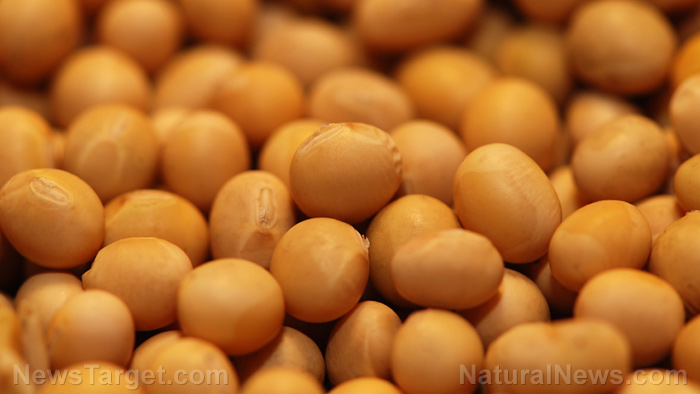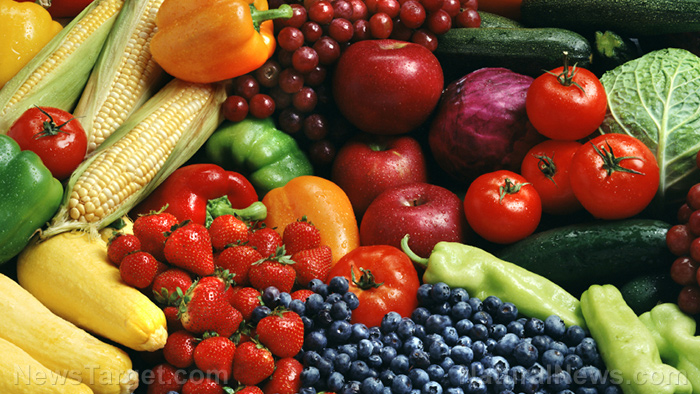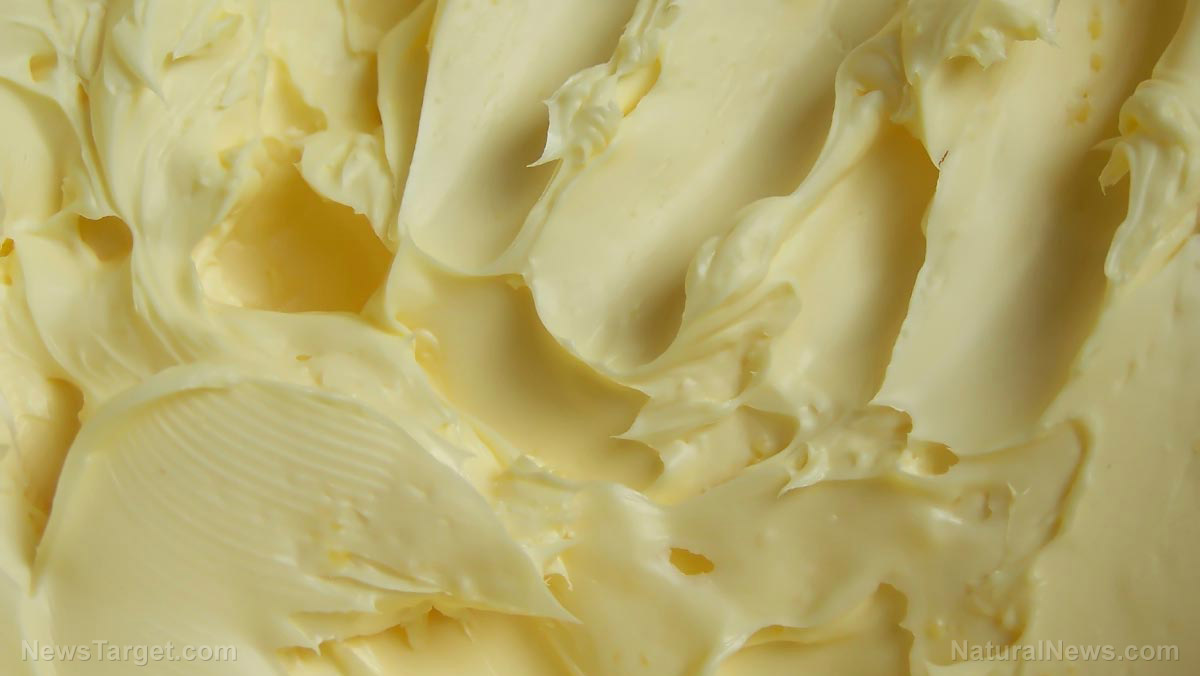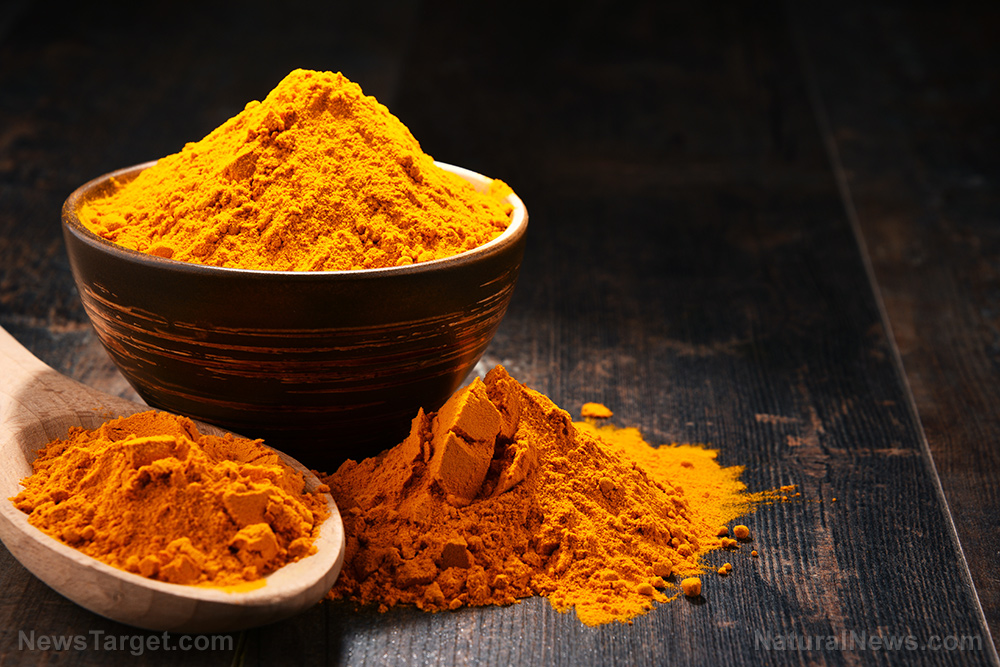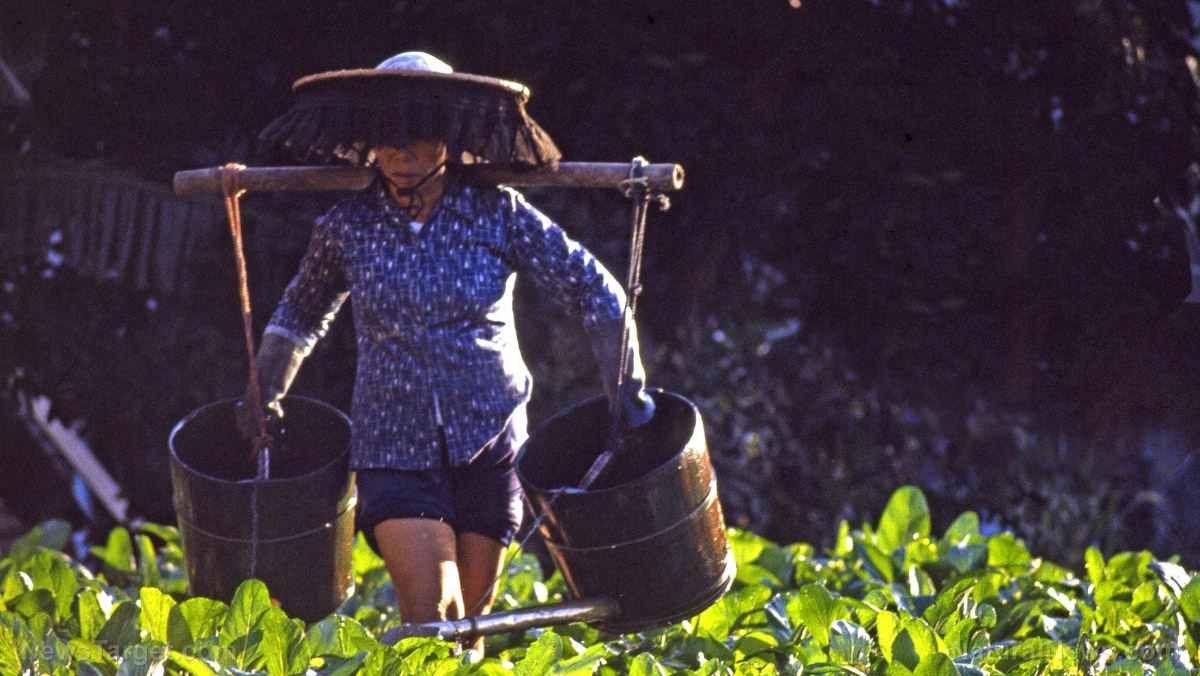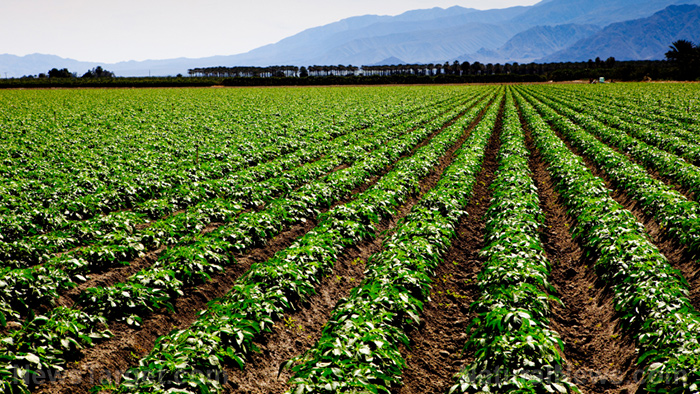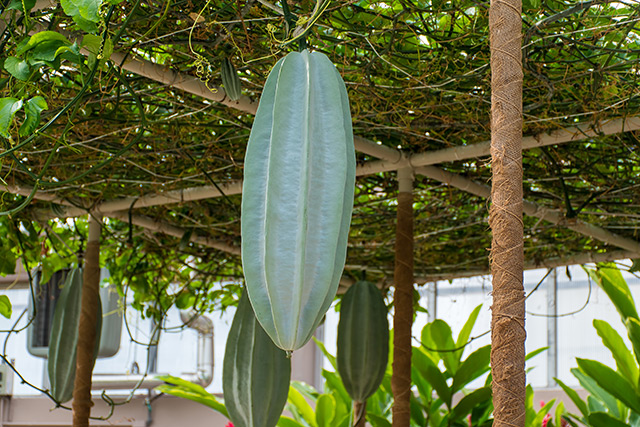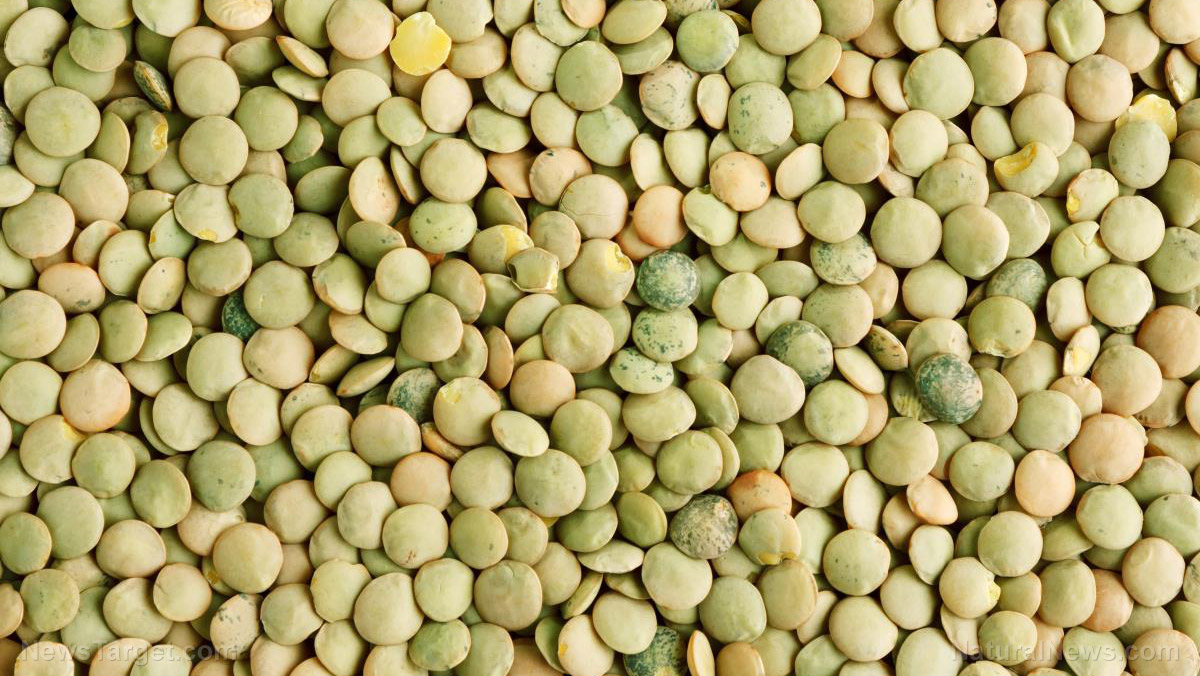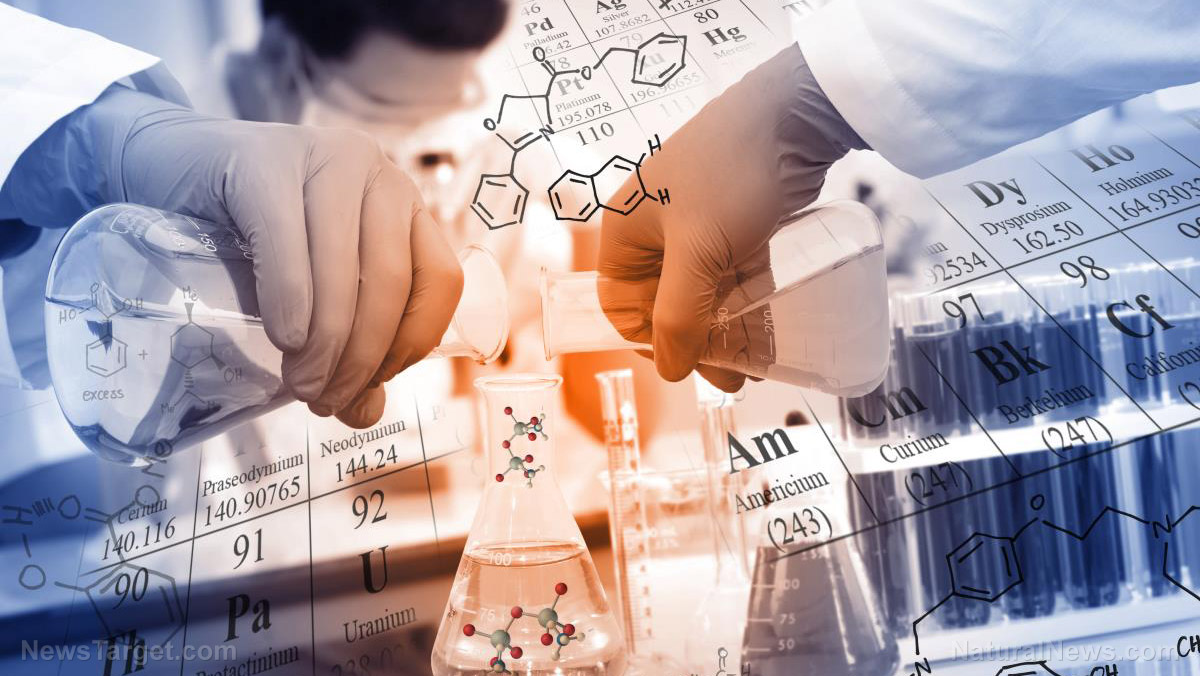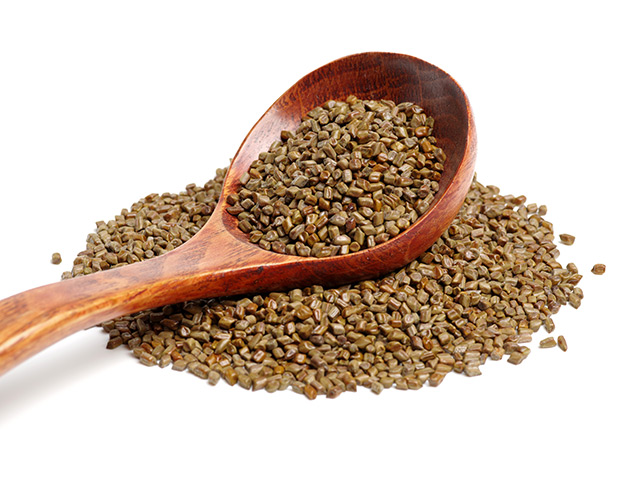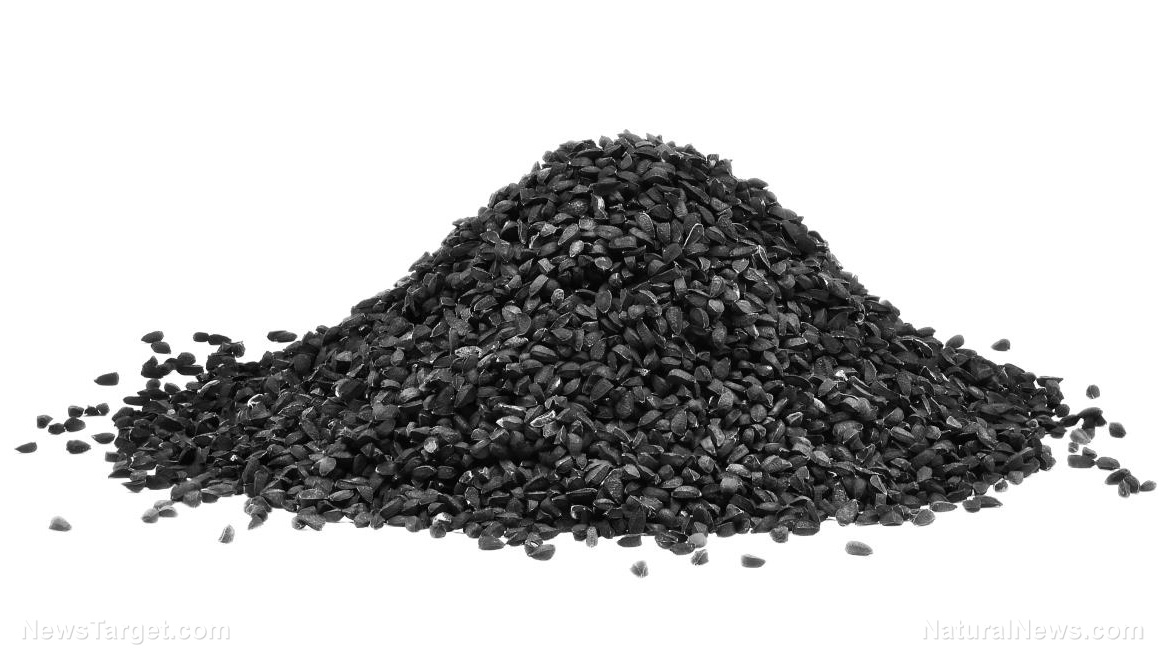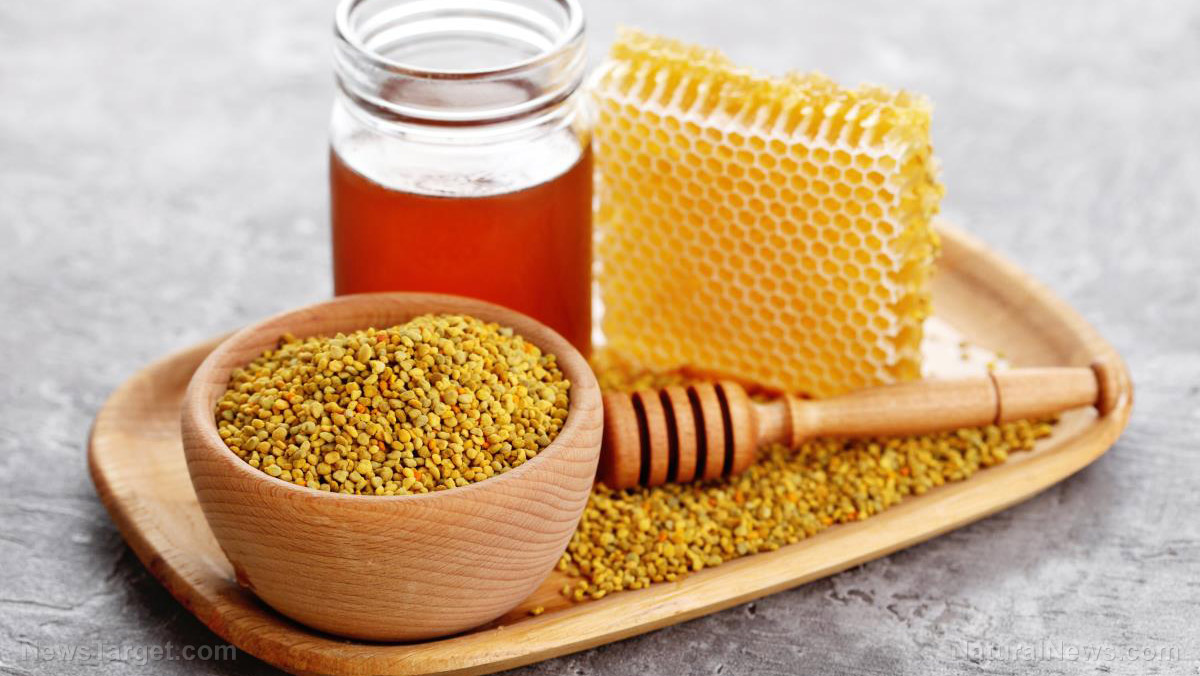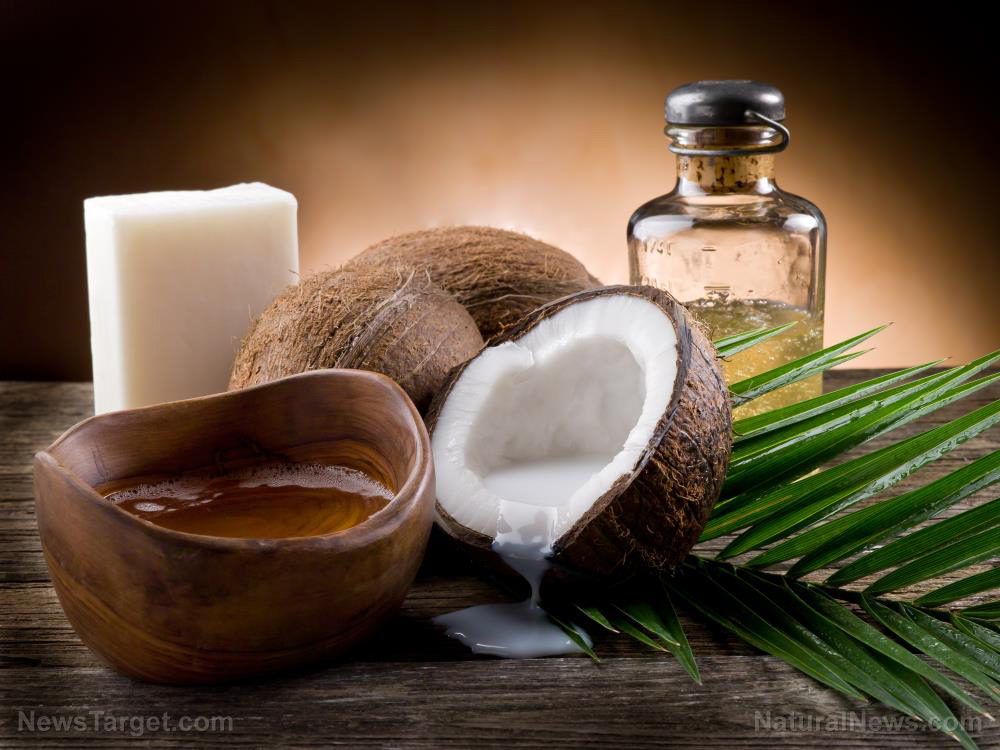Health watchdogs demand ban on energy drinks for children: One energy drink can contain up to 20 TEASPOONS of sugar
01/04/2018 / By Earl Garcia

A study published on the journal BMJ Open revealed that a wide array of energy drinks, which were also readily available to children ages 16 years old and below, are laden with excessive amounts of sugar. A team of researchers examined various brands of energy drink and found that most of the products were commonly sold at 500 milliliters on average, an amount that was twice as much as the standard content for most sodas. The health experts also observed that 78 percent of products this year exceeded the maximum daily recommendation for sugar intake for children seven to 10 years old.
In addition, the scientists found that the biggest culprit was Rockstar’s Punched Energy and Tropical Guava Flavour product, which contained 78 grams or about 20 teaspoons of sugar per 500 ml serving. Other Rockstar products were also found to contain between 60 g to 75 g of sugar per serving. Relentless energy drink and its many variants were shown to contain excessive sugar too, ranging from 50 g to 70 g of sugar for every 500 ml serving. Moreover, energy drink products from other brands such as Monster, Lucodaze, Bulldog and Emerge are found to be laden with too much sugar.
“This study illustrates the huge contribution of energy drinks to sugar intake, which is linked to the development of obesity and various types of cancer, as well as type-2 diabetes and rotting our children’s teeth. They are completely inappropriate for children to consume, form no part of a healthy balanced diet, and should be banned for under-16s,” study co-author Professor Graham MacGregor told Daily Mail online.
Groups lobby for reduced sugar content in energy drinks
Aside from the energy drinks’ sugar content, health experts added that the products’ caffeine content was just as problematic. The experts found that up to 43 of the products examined had a caffeine content that was equivalent to nearly two cups of coffee. The scientists also stressed that energy drinks with caffeine levels over 150 milligrams per liter were required to carry a warning that they are not recommended for children or pregnant women. However, the distressing results showed that children drank more energy drinks compared with adults. (Related: Energy drinks found to produce harmful changes in blood pressure and heart function, reveals new study.)
In line with this, the campaigning group Action on Sugar has called on further reductions in sugar, calorie and caffeine on energy drinks. The group also suggested banning the sale of energy drinks to children. Likewise, the health watchdog recommends that larger serving sizes — such as 500 ml bottles and cans — should be restricted. The group also noted that warning labels for caffeine should be retained.
“Whilst it is encouraging to see some energy drinks manufacturers have reduced sugar in advance of the levy next spring, the huge can and bottle sizes (500ml) means youngsters are still consuming far too much unnecessary sugar and caffeine. It is clear further reductions in both sugar and caffeine are urgently needed, and they should get rid of large serving sizes – action must be taken now without further delay,” co-author Kawther Hashem said.
“Since children and teenagers are the main consumers of energy drinks, manufacturers should consider reducing levels of caffeine. The removal of caffeine also allows for the removal of 10.3 percent of sugar without affecting taste, which has the potential to reduce body weight of adults by 0.6 kg, without any change in sugar-sweetened drinks consumption,” the researchers concluded in The Guardian online.
TV chef and food campaigner Jamie Oliver and various teacher organizations have also called on restricting energy drink sales to young consumers.
Sources include:
Tagged Under: caffeine, children's health, energy drinks, fizzy drinks, obesity, soda, sugar, sugar consumption, sugary drinks


